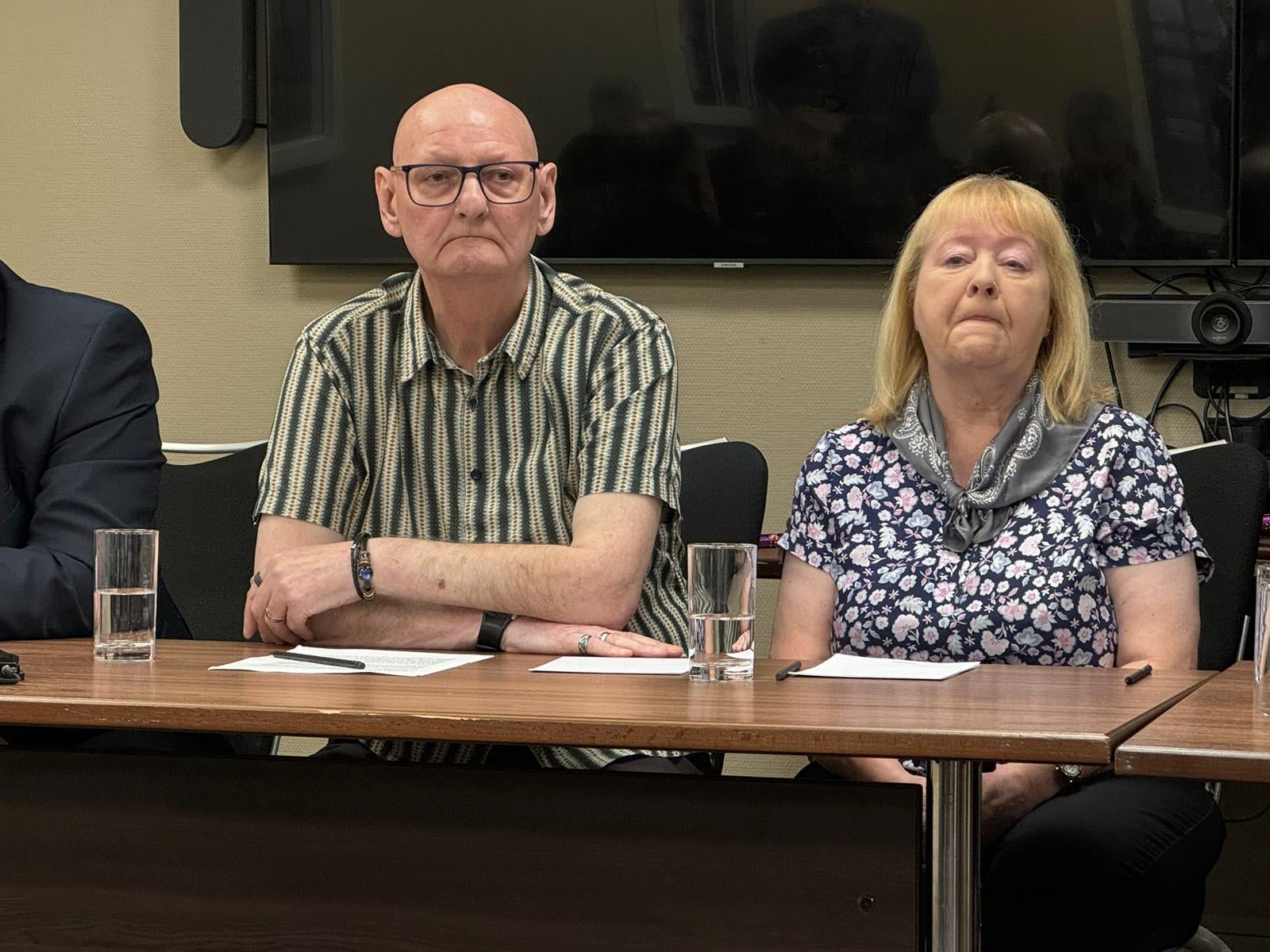
Pensioners who are challenging a UK Government decision to cut the winter fuel payment would not have been eligible for it due to living in Scotland, a court has heard.
The challenge was brought by Florence and Peter Fanning, from Coatbridge, North Lanarkshire, who are represented by former SNP MP Joanna Cherry KC and Govan Law Centre at the Court of Session in Edinburgh.
The pensioners, who did not appear at a remote hearing in the case on Friday, are seeking to reverse the decision by Chancellor Rachel Reeves to remove the universality of the payment, which she announced on July 29, 2024.
The court was told the allowance ceased to be given to Scottish pensioners in April 2024 and was replaced with a devolved benefit.
Attorney General Andrew Webster KC, representing the UK Government, known as the first respondent, said the Chancellor’s decision would not have applied to the Fannings due to devolution.
James Mure KC represents the Scottish Government, known as the second respondent.

At a previous hearing, Ms Cherry attempted to cite it as a human rights case under Article 8 and Article 2 of the European Convention on Human Rights, and a challenge on irrationality, but both governments rejected this.
Ms Cherry told the court on Friday the Fannings live on a combined household income of £2,065 per month.
She said no “statutory” consultation regarding the Equality Act 2010 had been carried out.
Ms Cherry said: “The petitioners raised the petition within the policy decision to revoke the winter fuel payments, made on a Great Britain-wide basis, when the Chancellor announced the policy was to be cut.
“Both respondents have failed to comply with a statutory duty with the Equality Act before making a decision to cut the winter fuel payment.
“The first respondent’s decision to cut the winter fuel payment was based on a Great Britain-wide statistical basis.
“The first respondent made the decision to cut the winter fuel payment, which resulted in the decision to cut winter fuel payments in Scotland.”
Mr Webster said the case is about a “decision taken in England and Wales regarding benefits, that the petitioners have no entitlement to”, and he called for the pensioners to pay legal costs.
He said: “The challenge presented is whether the state complied with the Equality Act. Material was presented by the Secretary of State on this issue.
“We have identified three further documents which post-date the policy but which were presented to the minister before.
“What the respondents say is that at the time, the petitioners didn’t have any entitlement – back in April it was devolved responsibility passed to the Scottish Parliament and Scottish ministers.
“Whether they get anything from the Scottish Government in payments relating to heating in winter is for the Scottish Government.”
The petitioners pursued a petition saying they were entitled to winter fuel payments, which they ceased to be entitled to in April
He said there is “no proper basis” to proceed.
Mr Webster said: “It’s for each devolved administration to develop its own policies.
“The petitioners pursued a petition saying they were entitled to winter fuel payments, which they ceased to be entitled to in April.”
Mr Mure said: “The state has limited resources and there is not an obligation in law for a winter fuel payment to exist on a particular level for a particular cohort.”
He said proposed changes on “irrationality” and the European Convention of Human Rights Articles 2 and 8 would “alter” the case.
Mr Mure added: “When it comes to social welfare payments, there is a very large margin for the state.
“The two new grounds would realistically alter the petition from the procedural aspect.”
Ms Cherry said: “The petitioners should not be punished for the fact they are legally aided and did not have senior counsel input until later in the day than respondents.
“The financial position of the petitioners is they are both pensioners on small incomes.”
She said Mr Fanning receives a state pension and work pension, while his wife receives just the state pension, and their total income is £2,365 per month.
Ms Cherry said: “The petitioners have been put in this position by the actions of a government.”
Judge Lady Hood said: “I’m persuaded that the petitioners should be found liable for the costs of amendment. I would find the petitioners liable for expenses but that liability is as an assisted person.”
The next hearing will be held at the Court of Session in March.







